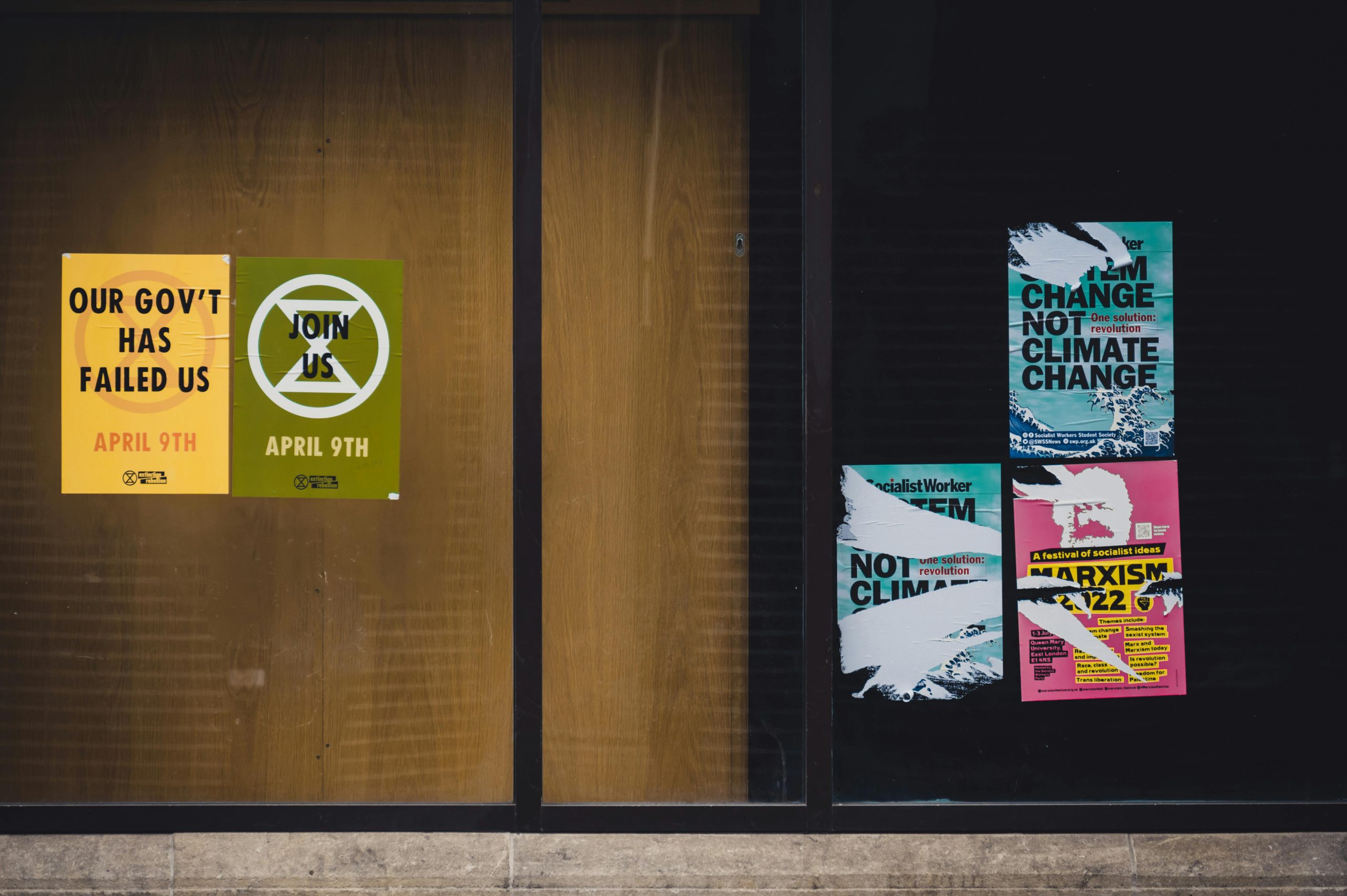AI – The Next Step in Making Billionaires Even Wealthier!
The True Motivations Behind the Rise of Artificial Intelligence: Economics Over Innovation
In today’s rapidly evolving technology landscape, the push toward replacing human labor with AI and robotic systems often appears driven more by financial motives than genuine progress. Behind this trend lies a desire among the world’s wealthiest individuals to further concentrate their wealth and power — capitalizing on automation to maximize profits, rather than focusing on societal advancement.
Currently, artificial intelligence operates under a fundamental flaw: the concept of GIGO — Garbage In, Garbage Out. AI systems thrive on vast quantities of data, under the assumption that more input will produce better results. However, flooding these models with data containing inaccuracies or irrelevant information doesn’t improve their intelligence; it only perpetuates errors and biases. This approach reflects a misconception that quantity of data equates to quality of insight.
Moreover, if AI were genuinely aimed at developing true intelligence, its creation would involve the brightest minds and most skilled developers, guided by a vision to enhance collective understanding. Instead, many projects are driven by venture capital, corporate interests, and the influence of billionaires, often leading to products that prioritize marketability over meaningful innovation.
Take, for example, Mark Zuckerberg’s “Grok.” While Elon Musk’s ventures are frequentlyhyped as breakthroughs, questions remain about the substance behind these projects. Are they driven by technical ingenuity or by marketing hype? Are they truly solutions for future generations, or merely shiny gadgets designed to keep investors happy?
It’s important to recognize that many decisions surrounding AI development seem motivated more by the interests of the ultra-wealthy than by societal needs. There’s a concerning pattern of efforts to eliminate human input under the guise of efficiency — often justified by promises of economic gains, while ignoring the broader impacts on employment, social cohesion, and future innovation.
Historically, the United States experienced economic hollowing out through the offshoring of manufacturing to low-wage regions. Today, a similar process threatens our global fabric as industry shifts toward reliance on artificial intelligence. This transition risks creating a hollowed-out, less human-centered world, where automation replaces meaningful human contributions and oversight.
As we stand on this pivotal crossroads, it’s vital to question who truly benefits from the rapid proliferation of AI. Is it advancing human progress, or is it just another mechanism for the already wealthy to consolidate their control? Thoughtful oversight and responsible development are essential to ensure AI serves society, not just the interests of a select few.














Post Comment